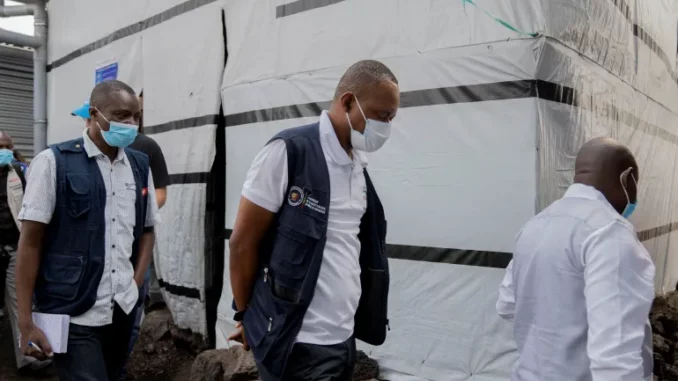
The World Health Organization (WHO) convened its Emergency Committee in Geneva on Wednesday August 14, in response to the spread of mpox in Africa, also known as monkeypox.
The UN organization triggered its highest level of international health alert. The day before, the African Union’s health agency, Africa CDC, had declared a “public health emergency”. The current epidemic, which originated in the DRC, is currently confined to Africa.
“Today, the emergency committee met and informed me that, in its opinion, the situation constitutes a public health emergency of international concern. I have accepted this opinion”, WHO Director-General Dr. Tedros Adhanom Ghebreyesus told a press conference.
Only the head of WHO can declare a public health emergency of international concern, on the advice of an ad hoc committee of experts. The 15 members of this committee who took part in the meeting “all” felt that the criteria had been met to declare an international public health emergency, the panel’s chairman, Dimie Ogoina, told reporters.
“Last year’s appearance of clade 1b and its rapid spread in the DRC (Democratic Republic of Congo), which seems to spread mainly through sexual networks, and its detection in the DRC’s neighboring countries, are particularly worrying and are one of the main reasons why I decided to convene this emergency committee,” the WHO chief said at the opening of the meeting. “But we are not facing a single epidemic and a single clade. We are facing several epidemics with different clades in different countries, with different modes of transmission and different levels of risk”, he continued.
